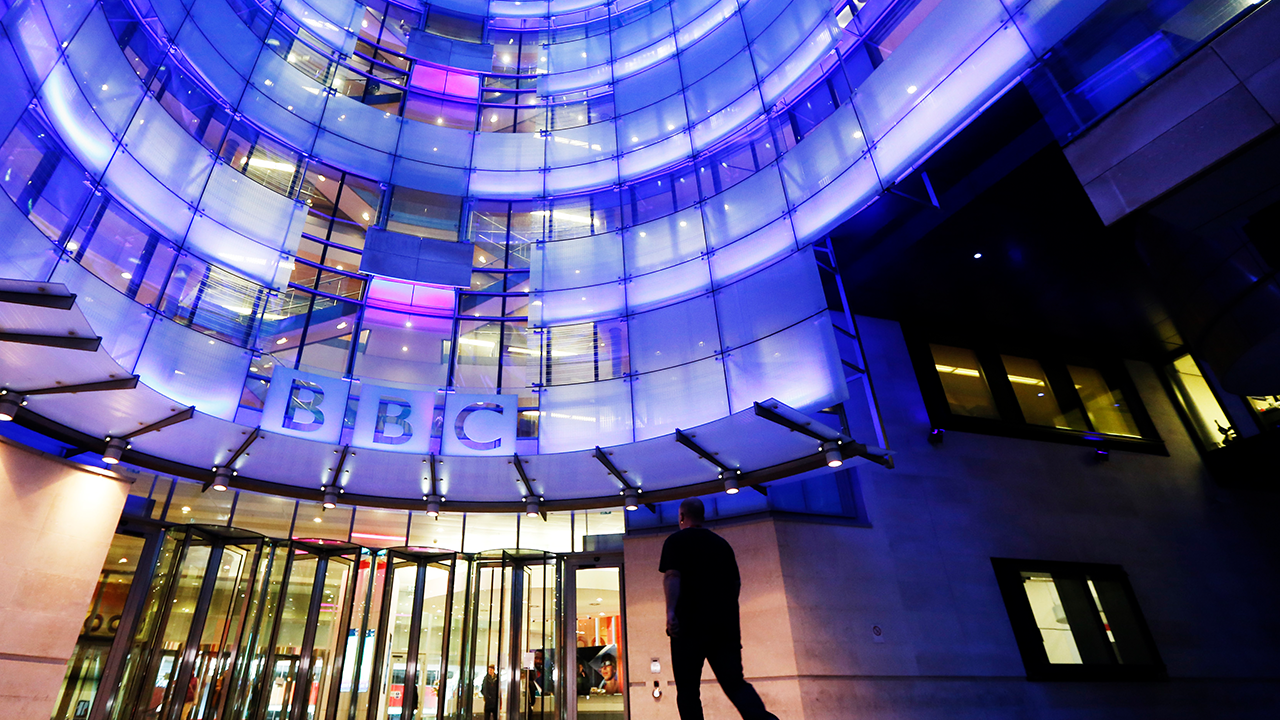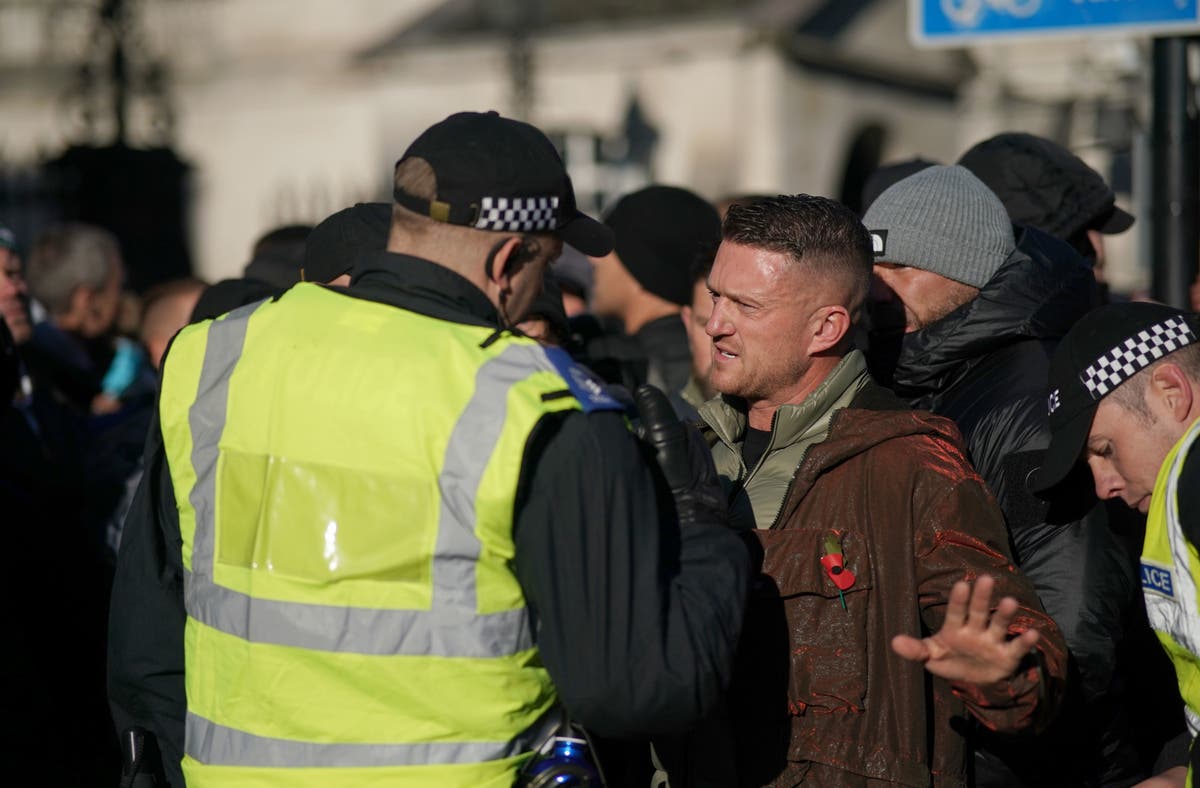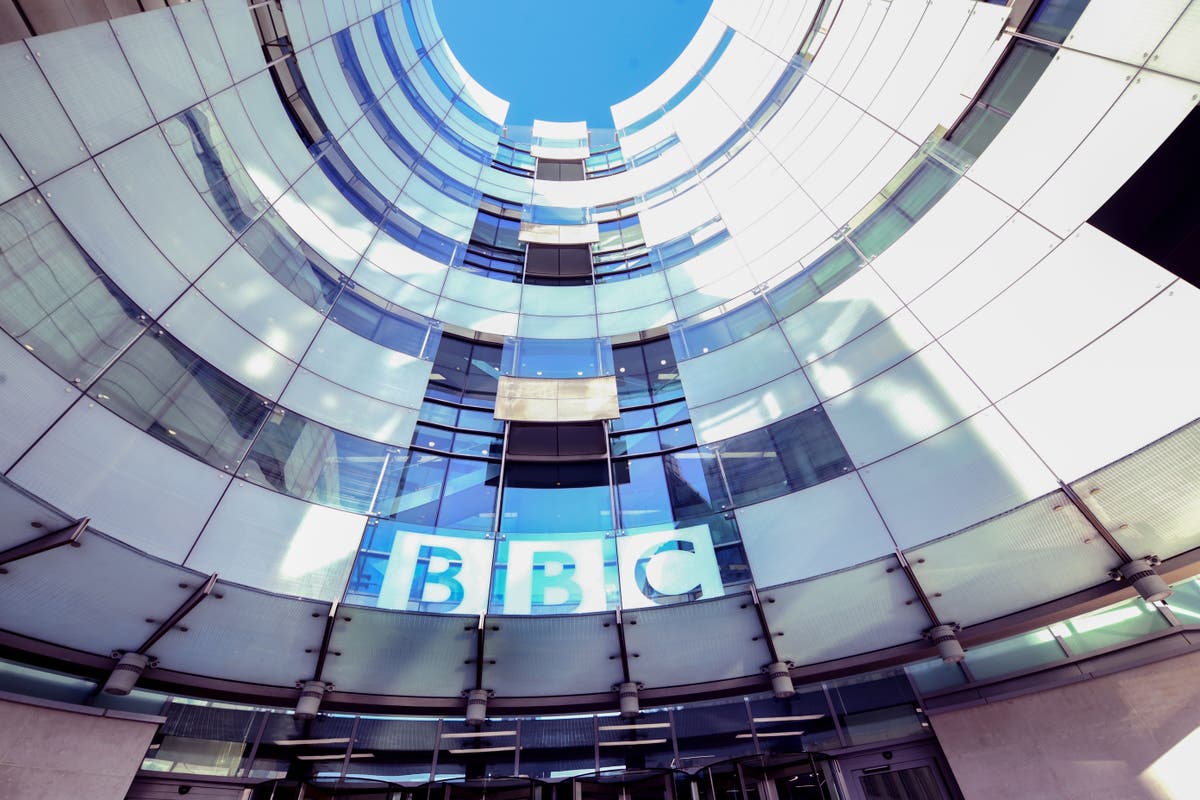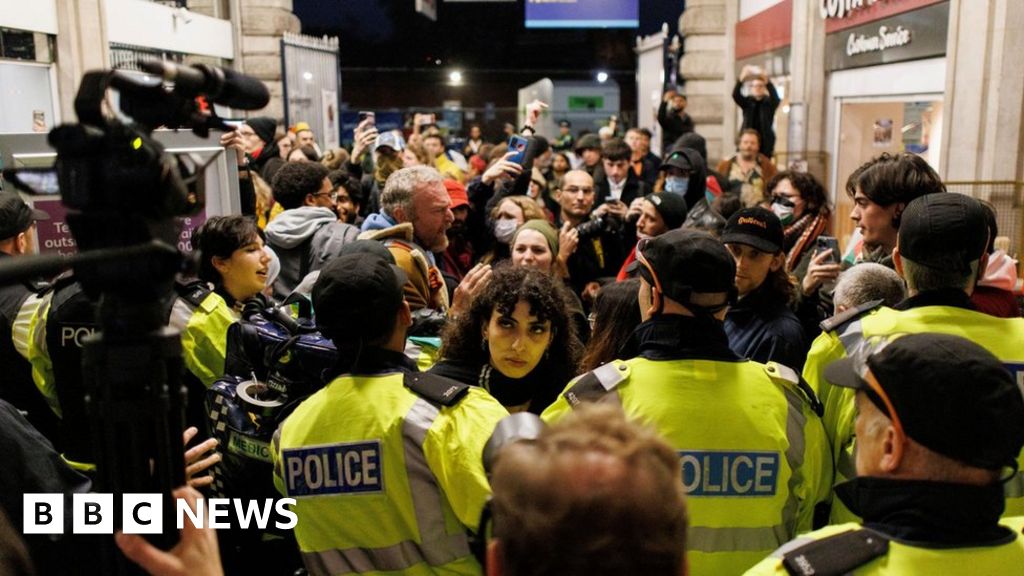Dailymail
Fury as Jewish BBC staff are banned from attending anti-Semitism march despite 'many colleagues going on pro-Palestine rallies'
S.Wilson3 months ago
But staff are furious after stars such as Gary Lineker backed pro-Palestine rallies
The BBC has been engulfed in another antisemitism row after Jewish journalists were banned by senior managers from attending a march planned on Sunday, it is understood. According to sources, people have been told that if they work in news, current affairs, factual journalism or are senior leaders, they should not attend the march against antisemitism, in central London . It has led to fears from staff they will face disciplinary action if they defy orders. The reason for this was that the march in question would not fall under the description of 'commemorative or celebratory', insiders said. They added that BBC bosses made clear that the attendance of these staff on the march would be considered 'controversial'. Jewish journalists are understood to have written to bosses to clarify what the corporation's stance was on the event on Sunday. The broadcaster's director of editorial policy David Jordan is said to have replied with an explanation of the corporation's position. The scene at BBC Broadcasting House in London, after blood-red paint was sprayed over the entrance ahead of a march for a pro-Palestinian march on October 14 Thousands of protesters take part in a pro-Palestine rally near the US Embassy after marching in solidarity with the Palestinian people and to demand an immediate ceasefire to end the war on Gaza in London on November 11 Critics of the decision claim that many members of BBC staff have attended pro-Palestinian marches in recent weeks. One of the corporation's biggest stars Gary Lineker has previously backed pro-Palestinian protesters marching through London on Armistice day. These critics of the corporation's stance also point out that the corporation's own guidelines say that 'Opposition to racism is a fundamental democratic principle'. They accused the BBC of a double standard, assuming 'Jews don't count' when it comes to standing up to racism. One source told Mail Online: 'On the one hand they are saying that they're not impartial on racism and staff don't need to be but for some reason that we do need to be impartial on antisemitism - we can only assume that where this racism is concerned, Jews don't count.' They added: 'I moved from feeling like its not a safe place for Jews to work to feeling like I owe it to my community to stay and do whatever little I can to insert some humanity into the organisation. 'Many people here have been to the pro Palestine marches and are happy to talk about it at work. People here seem to think Zionists are evil. One colleague said I was ok because I wasn't 'a proper Zionist'. They don't have a clue. The march has been organised by the charity group Campaign Against Antisemitism as a show of solidarity towards Jewish communities. It is due to start the Royal Courts of Justice on Sunday afternoon. People have compared the current stance on the march with the way BBC director-general Tim Davie said in 2020 that there was no ban on staff attending Pride parades. Leo Pearlman, co-founder of TV production company Fulwell 73, told The Times the corporation's approach showed a 'worrying distortion of reality and underlying bias'. He said: 'Just when one thinks the BBC cannot find a new depth of incompetence to sink to in their reporting and handling of these tragic last six weeks, they seem to have decided to draw a clear distinction between antisemitism and every other -ism with this directive to their staff.' Another source told the paper: 'If the BBC believes that racism is racism and not acceptable in any shape or form then going on a rally against antisemitism shouldn't be an issue.' BBC star Gary Lineker (pictured) has previously backed pro-Palestinian protesters marching through London on Armistice day Critics point out that antisemitism is not the same as overtly politically supporting either side in the Gaza conflict. A BBC spokesman said: 'The BBC is clear that antisemitism is abhorrent. We have established guidance around marches, which explains that different considerations apply depending on what you do for the BBC. 'Corporately, we have not issued any staff communication on any specific march this weekend, but this does not mean discussions which consider the guidance have not taken place between colleagues.' The BBC pointed to its editorial guidelines around marches. These say: 'The Editorial Guidelines sections on Impartiality and Conflicts of Interest make it clear that different considerations apply depending on what you do for the BBC. 'Members of staff outside News and Current Affairs and some Factual output may attend marches, demonstrations and protests as private individuals. Staff are also able to participate in some parades, marches or gatherings, including events such as trade union rallies, under the banner of the BBC group to which they belong, but not representing the organisation as a whole. BBC News and Current Affairs staff and some Factual staff, as set out in the Guidelines, should not participate in public demonstrations or gatherings about controversial issues. 'As with social media, judgement is required as to what constitutes a controversial march or demonstration. If in doubt, advice should be sought before attending.'Read the full article:https://www.dailymail.co.uk/news/article-12787039/jewish-bbc-banned-anti-semitism-rally-pro-palestine.html
0 Comments
0
















